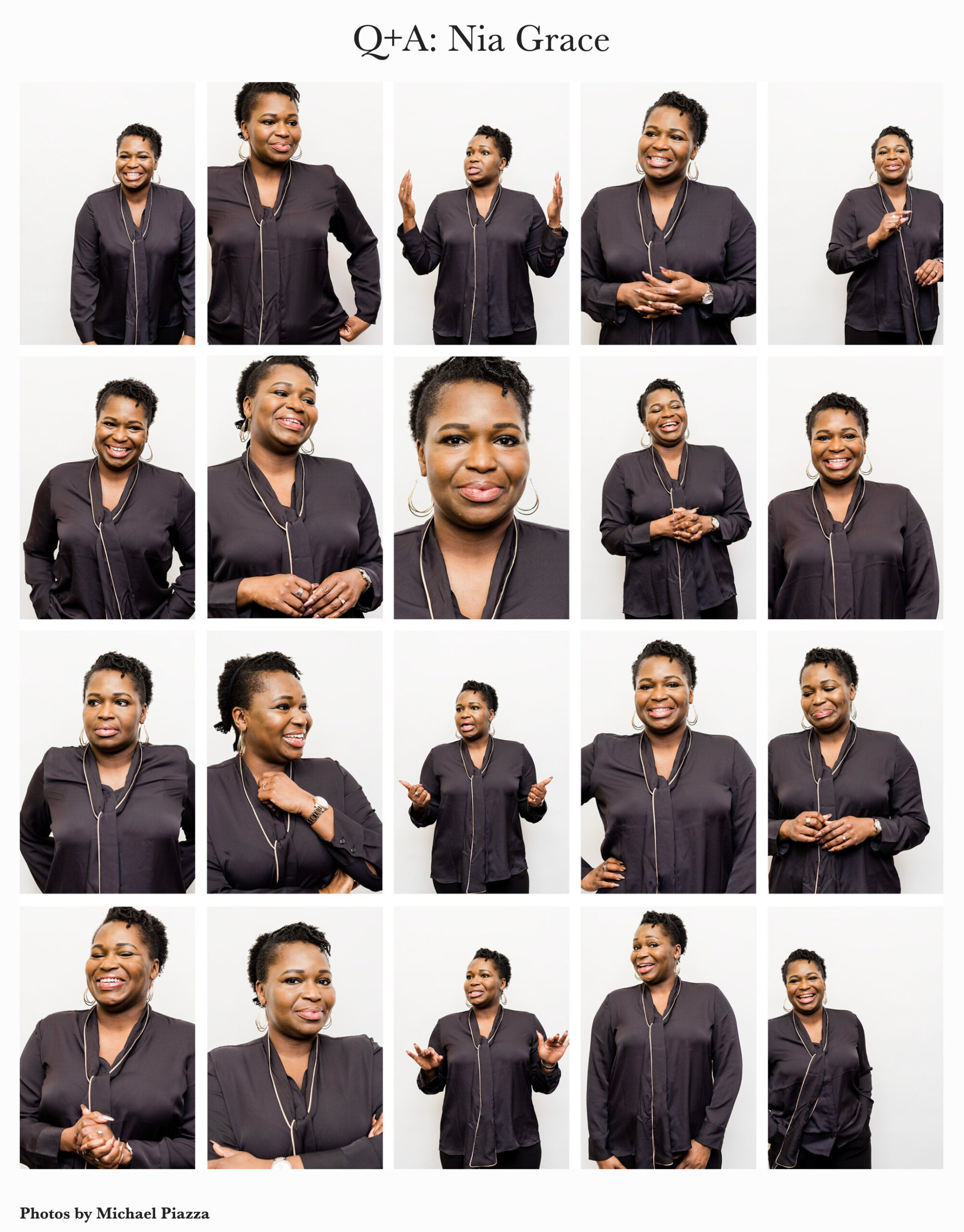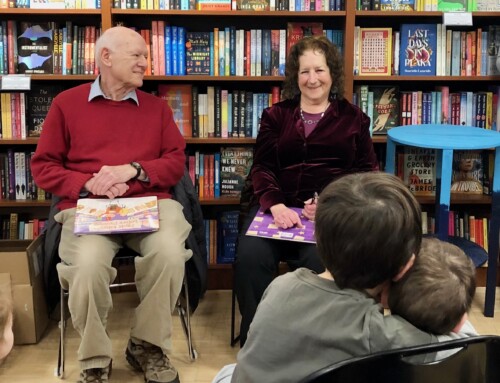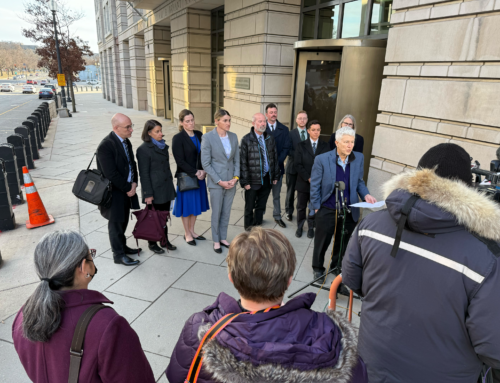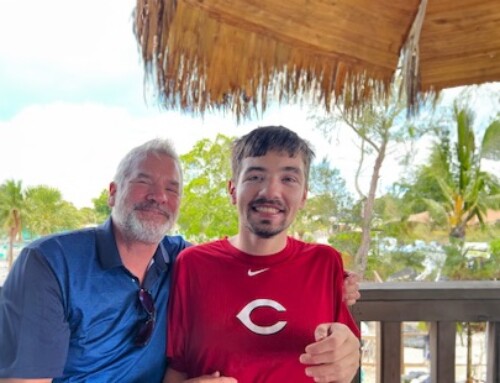By Nina Livingstone | Edible Boston Magazine
Photos by Michael Piazza
Nia Grace’s mother could not have chosen a more fitting name for her daughter. In Swahili, Nia means “purpose” and is one of the Seven Principles of Kwanzaa, which focuses on unity of family and building of community.
The owner of three Boston restaurants (the third one set to open in May 2023) Grace saw firsthand how the pandemic could so easily threaten the viability of Black-owned businesses. It was in response that the Roxbury native co-founded the Boston Black Hospitality Coalition.
“You ask me, why did I get involved? Because I had to,” Grace says. “Not only was it for my own survival, but it was because we’re just stronger together.”
EDIBLE BOSTON: Can you offer a snapshot of how your career began?
NIA GRACE: I was 16 years old and one of my first jobs was the counter girl at the Purple Cactus in Jamaica Plain. Then I went off to college, where I studied criminology and African American studies with the intention of pursuing a law degree. I always wanted to be able to give back to my community. I had witnessed things growing up that I didn’t think were fair, and I felt like we needed more representation of our personal stories and the system wasn’t really built like that.
I started getting involved with campus activities. I was doing comedy shows, lectures, concerts, promotions, all kinds of things, and I’m, like, “Oh, I love this!” As much time that I spent in the classroom and studying, I spent being a campus leader, running some of the biggest, most well-attended events that the University of Miami had ever seen!
I came back to Boston with that same drive that I had when I went to school. I wanted to figure out how I could use all of my talents as well as my interests.
EB: How did you make that happen?
GRACE: When I walked into Darryl’s Corner Bar & Kitchen [in the South End] about 13 years ago, I didn’t even know that I wanted to be a restaurateur. But I was, like, “Oh, man, if I ever have a venue, I’d want it to be just like this!” I had never had an interest in just doing a regular restaurant concept.
I don’t know what people believe in, but for me, I think that this was a divine path. When I had the opportunity, I told Darryl [Settles], “I’m so impressed with what you’re able to do in the city of Boston; you have your name on the side of a building in a corner that doesn’t really reflect us fully. But you’re here, and I admire that, and I want to understand how I can do that.”
Five years later, I went to work for Darryl as a consultant, and then as a manager. From there, I was able to chart my entire path, getting to where we are right now.
After I got my sea legs, in terms of being able to start a 4pm shift and end at 4am, I thought it might be time to figure out if I could do this on my own. That’s what I started to do in 2017 and I purchased Darryl’s Corner Bar and Kitchen in 2018.
EB: What’s the story behind the Boston Black Hospitality Coalition?
GRACE: I had always thought there needed to be an organization similar to the Massachusetts Restaurant Association, some kind of affinity group that could speak to the nuanced needs and issues of Black-owned restaurants and bars. Then, when the pandemic hit, it became even more urgent. Our immediate goal in that moment was, we can’t lose any of the businesses that we currently have so we’ve got to figure out all the resources, all the people to call, all the dollars to find, to make sure that we can get to the other side.
We’re a grassroots organization, so not only are we running our businesses, but we are also spearheading this initiative. People ask, “How can we help your community better?” Sometimes it’s just a matter of a resource or a connection.
We’re actually very qualified, very motivated. But doors don’t open for us, and/or if the door is slightly open, it’s kind of closed before we can make it. And so my plea usually is, “Just hold the door open for me,” you understand? Like, “I’m coming through it anyway!”
EB: Following the pandemic, what role does the BBHC play?
GRACE: Having a bit of insight, I thought, if we do this right, there actually might be an opportunity to grow coming out of the pandemic. So the next thought was, I want to not only make sure that we survive, but I also want to double the spaces that we have when we get to the other side.
You know what happened post-pandemic (or toward the tail end of it) for us is that we didn’t give up. We were relentless in the fight, and we stopped being afraid of new opportunities. I think that was also something some of us couldn’t realize. How do I own this business, and then try to own more? And through our partnerships and conversations, we got smarter about our operations and realized that expansion was within our reach.
And while we’re not fully out of [the pandemic], I can proudly say that enough of us have doubled in size and some of us are thinking about other ways to increase our footprint. We’re looking for new spaces and we have better connections than we did before [COVID] to make those things happen. We’re on a path to success.
To read the full story, visit Edible Boston online or pick up the Summer Issue. To subscribe to Edible Boston’s newsletter, click here or visit its website.







